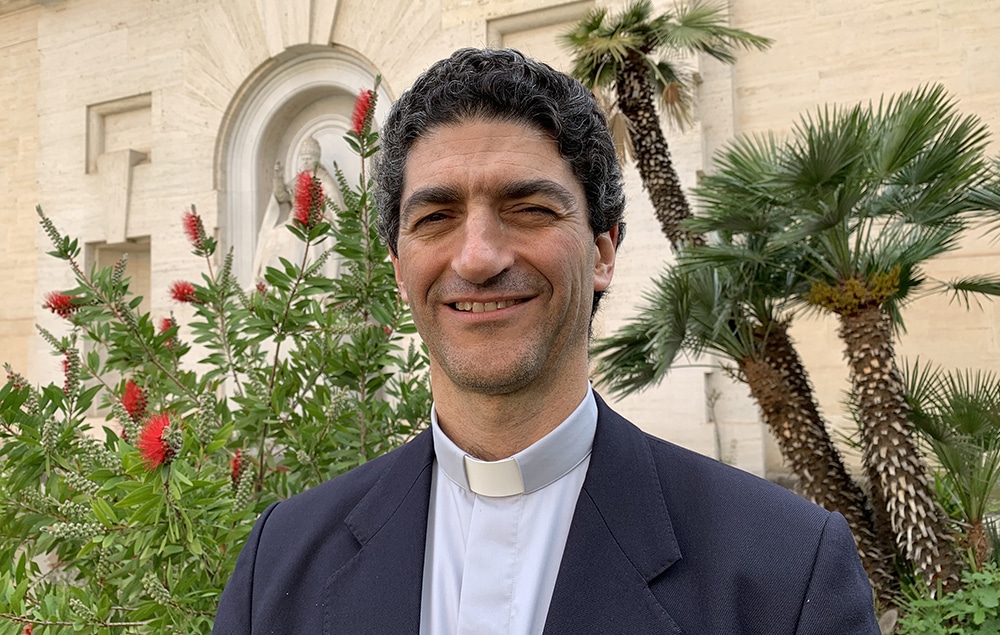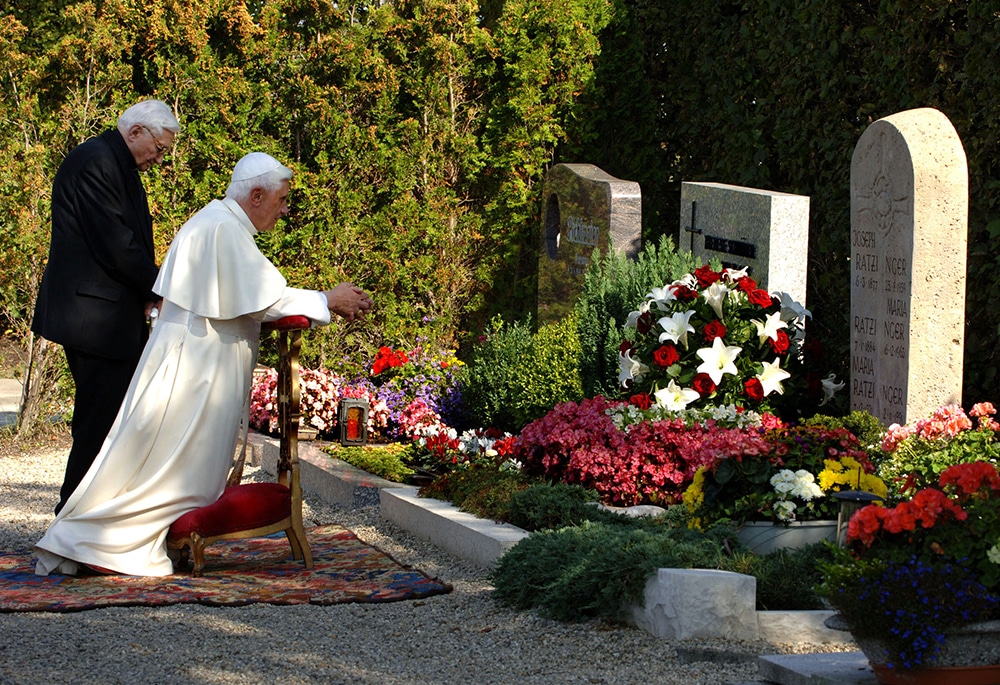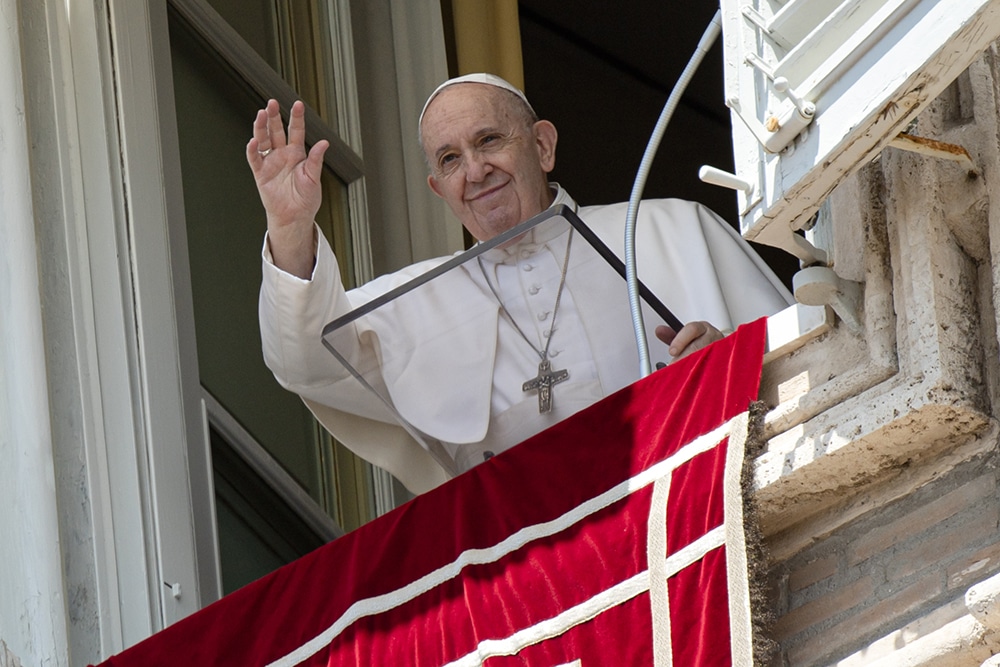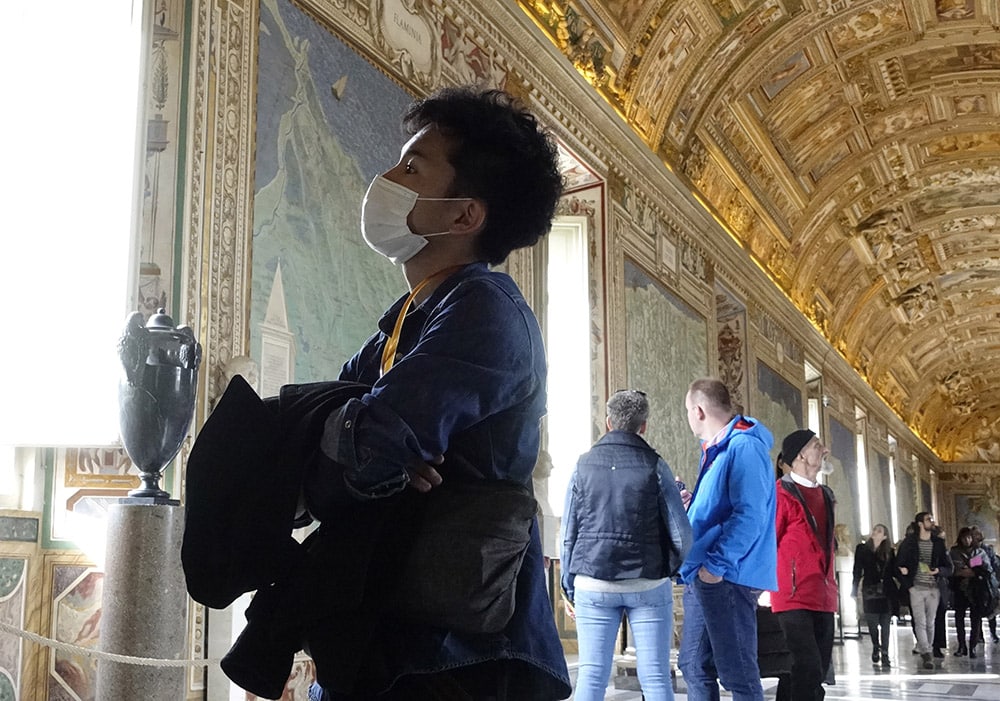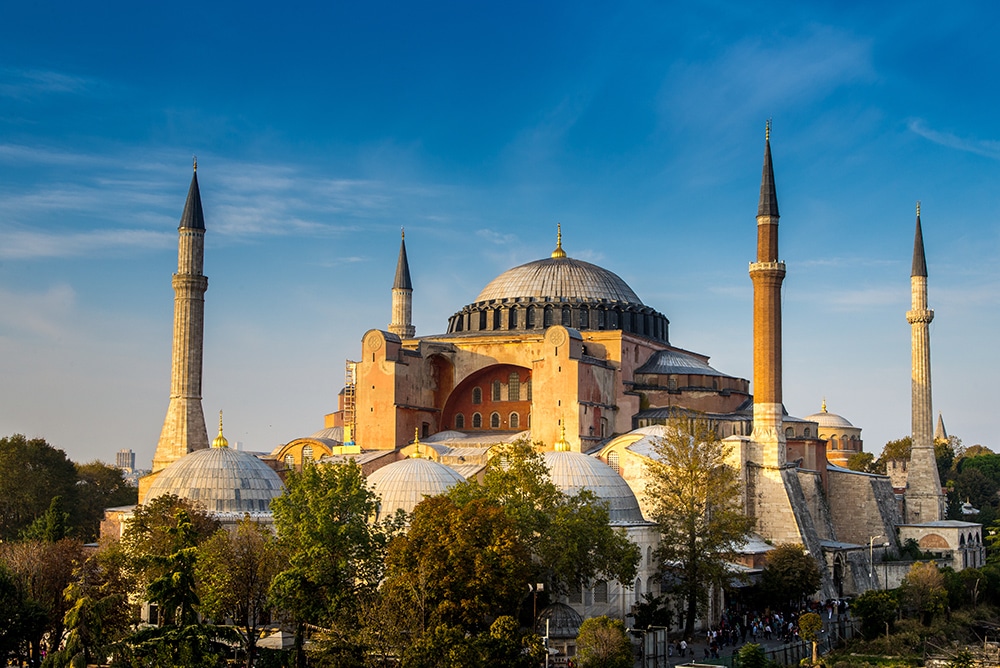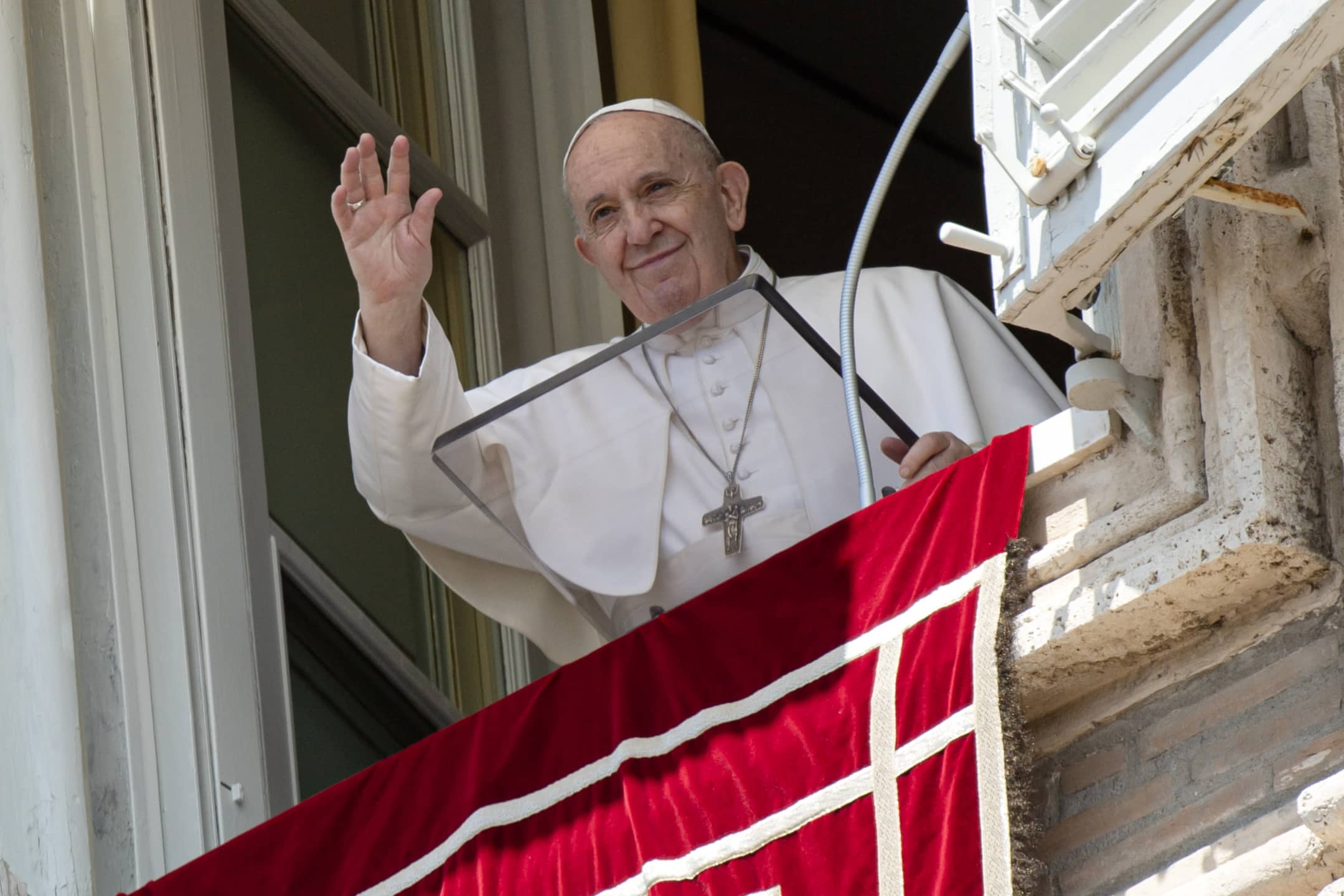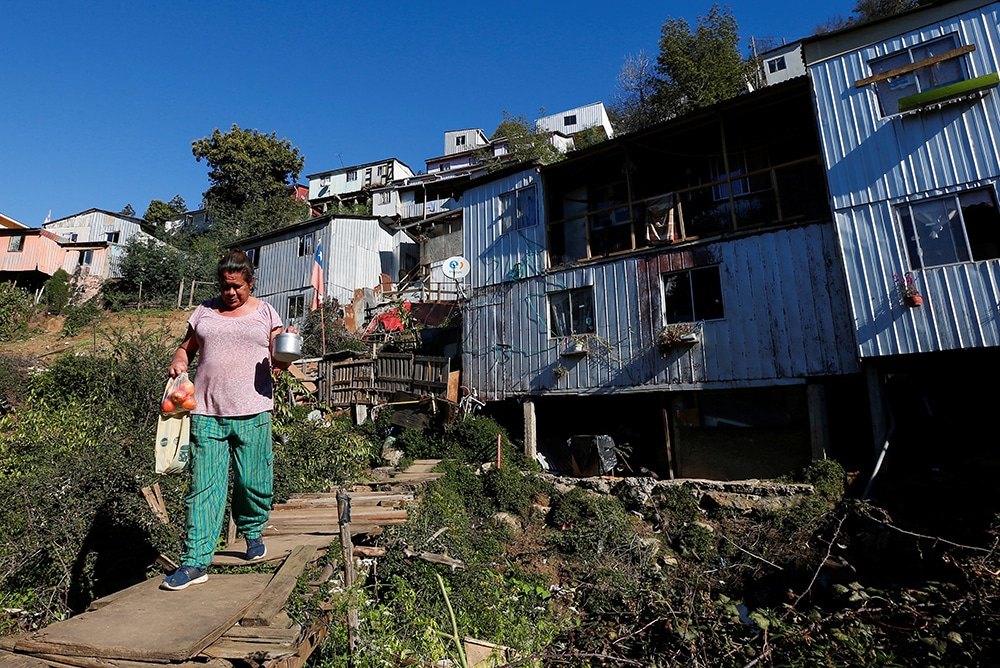Father Augusto Zampini, the Vatican’s adjunct secretary for its Dicastery for Promoting Integral Human Development, who was appointed with a leading role in the Vatican’s new COVID-19 Commission, has a message for the world.
“We need leaders in public, private and civil sectors to press the reset button — to once and for all realize that the way we have been living our lives until now is not sustainable,” Father Zampini said.
As lockdowns are being lifted in some countries, others, such as the United States, are seeing a rise in new cases. Father Zampini said, “We must avoid the belief that the crisis is over; many countries across the world have not yet reached a peak in infected cases, and millions of people are still being afflicted by the virus.”
Father Zampini, born in Buenos Aires, was ordained a priest in his native archdiocese in 2004. Before entering the seminary, he studied law at the Catholic University in Argentina and worked as a lawyer at the Central Bank of Argentina and at an international law firm.
Father Zampini spoke with Our Sunday Visitor about his role on the COVID-19 Commission and the Vatican’s response to the crisis that coronavirus has afflicted upon the world.
Our Sunday Visitor: What does Pope Francis expect from the work of the commission?
Father Augusto Zampini: The COVID-19 pandemic is the latest symptom of the underlying ecological crisis. Along with other global crises such as climate change, social inequality and food insecurity, the pandemic stems from the weakness of our current social and economic institutions. However, the sudden interruption of social and economic activity has granted us an unprecedented opportunity to reflect on the shortcomings of our institutions and development models. This is why Pope Francis considered the commission a necessary creation during this drastic moment of change. The world will not be the same. The Vatican COVID-19 Commission was envisioned as a mechanism through which the Church can become an active institution throughout the crisis, standing by those in need, giving a voice to the forgotten and presenting world leaders a new path, different from a rapid return to a “normality” that was unequal and unsustainable.
Our Sunday Visitor: Through its five working groups, what stands out in terms of concrete ideas or plans to work toward at this stage?
Father Zampini: We have come up with a robust set of proposals, including first debt reduction or cancellation, reviewing the sustainability of current sovereign debts, lowering interests rates and cancelling debt obligations so as to enable countries to use fiscal surpluses to invest in health systems; second, calling for cease-fires and the reduction of weapons production, redirecting financial resources away from military expenditures and increasing peace-building efforts to pacify conflicts before their escalate; third, tailoring social protections to marginalized groups like universal basic income, public provision of essential goods, extending work visas for seasonal workers, simplifying hiring procedures. As the commission enters Phase 2, we must now give shape to these proposals.
Our Sunday Visitor: “We must think of the aftermath, so we are not unprepared,” Cardinal Turkson, head of the dicastery and the commission, has suggested since the commission was constituted. What did he mean?
Father Zampini: The world was horribly unprepared for a crisis of this scale. We were shocked by our own vulnerability in seeing how public health systems were horribly overwhelmed, supply chains disrupted and millions of livelihoods threatened. There is a natural instinct that pushes for a return to old institutions and a quick economic recovery. This, for us, would be the worst outcome. We must use this opportunity to envision a better future.
Our Sunday Visitor: The dicastery has spoken about the importance of sharing best practices. What are some that have come to the table so far? How will they be able to be implemented on a greater scale?
Father Zampini: Thankfully, many instances of best practices have been brought to our attention through our partners, our contacts with local churches and through the Secretary of State. For example, finance is an essential tool to reconfigure our economies toward a better, inclusive and sustainable future, so we want to promote investments compatible with our social, moral and religious values. Concretely, this means moving investment portfolios away from fossil fuels and toward renewable energies; away from deforestation-risk activities toward large-scale reforestation initiatives. Studies have shown that these kinds of investments have actually proved to be more resilient throughout the pandemic than traditional investment portfolios. We know that these initiatives already exist, so our primary goal is to support them.
Our Sunday Visitor: How have you, as a commission, been able to work together? Smart working? Social distancing in offices?
Father Zampini: During the lockdown, we worked almost entirely via e-platforms, including Zoom. But, let us be reminded that millions of people do not have access to these technologies, and many others, even if they do have access, their jobs are not fit for remote work. Those people have been hit hard by the pandemic, losing jobs and increasing anxiety. Technology is a blessing, but without proper public management and social responsibility, it can aggravate the gap between the rich and the poor.
Our Sunday Visitor: The United States was the worst hit country so far. Are you focusing, or reflecting, on the U.S., too?
Father Zampini: We receive weekly updates about the spread of the virus and local initiatives implemented by public agencies, social organizations and local churches in every country, from the Section for Relations with States of the Vatican Secretary of State. The USA is of great concern to the commission given the impact of the virus and also the nation’s power to lead others in shaping the future. However, we analyze the situation in the USA within the context of the American continent in its entirety. Our work seeks to contribute to creating a global image of the crisis. Only in this way can we hope to contribute to global solutions.
Moreover, we want to emphasize the vulnerability of all countries to this virus; even the wealthiest countries in the world have struggled against the pandemic as a result of insufficient health systems. Our work, inspired by the preferential option for the poor, is dedicated to revealing the realities and struggles of the unemployed, migrants, refugees, etc. and tries to suggest a blueprint for possible solutions, tailored to their needs.
Our Sunday Visitor: How has working in the Vatican changed since when you were named under-secretary of the Dicastery for Promoting Integral Human Development?
Father Zampini: Being appointed adjunct secretary has definitely increased the workload, but it is truly an honor to make my small contribution to the Church in this time of need and to serve Pope Francis.
Deborah Castellano Lubov writes from Rome.

